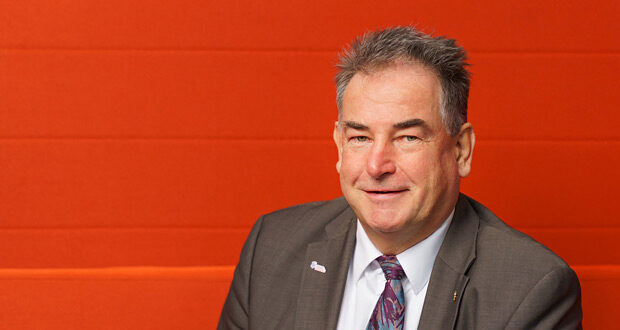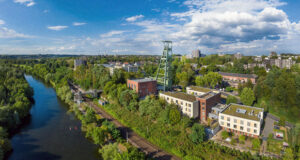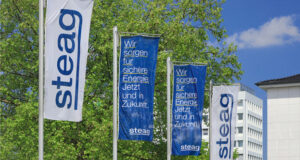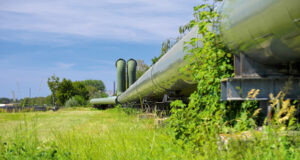The history of mining is long – but the history of post-mining will be much longer. For five years now the Research Center of Post-Mining (FZN) at the TH Georg Agricola University (THGA) in Bochum/Germany has been attending to the issues that emerge as mining activity ceases. As the world’s first institution, it takes a comprehensive look at the post-mining era. The scientists are examining not only the tasks that mine water or former mining areas leave behind. They are also developing modern monitoring methods, advising affected regions on the structural transformation and trying to preserve the industry culture.
“The challenges of post-mining are complex, that’s why we are also becoming increasingly complex”, says Prof. Ulrich Paschedag, Head of FZN (Figure 1). “Since October 2015 we have been pooling the necessary know-how to shape the consequences of mining in a technically, economically and environmentally friendly manner.” In the interdisciplinary team around 40 independent experts in mining, geology and geo-technology, hydrogeology, chemistry, electrical engineering, materials science, land development, mine surveying and economics, all work closely together. This is the core around which a broad network has been established, nationally and internationally.
In the beginning the focus was still on researching the so-called perpetual tasks of the coal mining industry, but the FZN has been expanding its focus to this day. From the integrative approach come the four research areas: perpetual tasks and mine water management, geomonitoring in post-mining, materials science for the preservation of the industrial heritage, as well as reactivation and transition.
The experts are currently developing the scientific bases for an ecologically and economically compatible mine water ascent. The experiences from other European territories, in which such processes have already taken place wholly or partly also help. “The mine water rise is technically controllable”, says Prof. Christian Melchers. “Now it is about designing sustainable water management systems within the closed mines. Only then can the water resources in the former mining landscapes be reshaped in a near-natural way”, states the expert. The findings can also be transferred to other mining activities such as lignite or the gas and oil industry.
In the future geomonitoring will be about monitoring the impacts of mining over the long term using modern technology. “For this we must skilfully connect lots of information – like with a puzzle”, states Prof. Tobias Rudolph describing his area of research. Satellite data, historical maps, soil samples or multispectral aerial views with the drone are used here. “From these we can draw conclusions, e. g., about soil changes and detect changes in the vegetation.” In close cooperation with materiaIs scientists at the German Mining Museum (DBM) in Bochum, new methods are also being developed at the THGA to slow down or ideally stop ageing processes. The post-mining experts are helping to preserve the industry culture such as old winding towers or blast furnaces.
The cutting-edge research in the area of post-mining is in demand worldwide. More and more countries are interested in a far-sighted approach for handling active and former mining sites. The knowledge from Bochum also helps to make future mining processes more environmentally friendly. The FZN is in constant dialogue with its many international partners. It will also remain challenging in the future. “We are concerned with highly complex questions and interrelationships that take place in locations that are frequently still difficult to access. Underground, e. g., in places most people have never been to, and which will soon become inaccessible to all of us”, says Prof. Paschedag. “This is the reason why we, as scientists, have to make a special effort to formulate our post-mining findings in a way that can be generally understood by everyone.”
(THGA/Si.)



